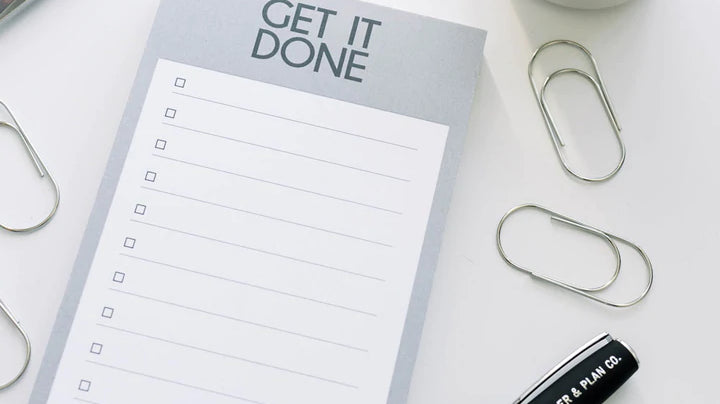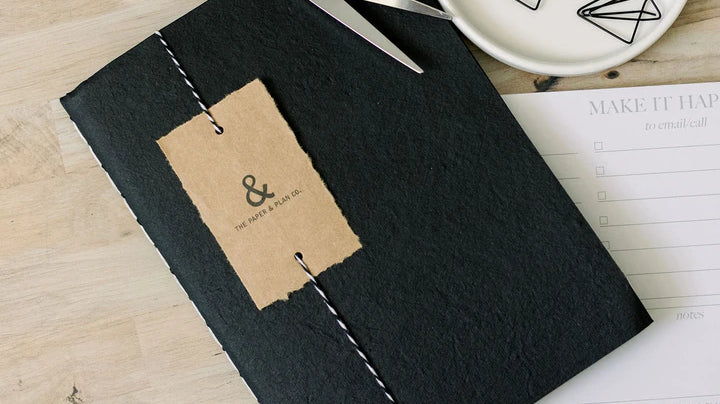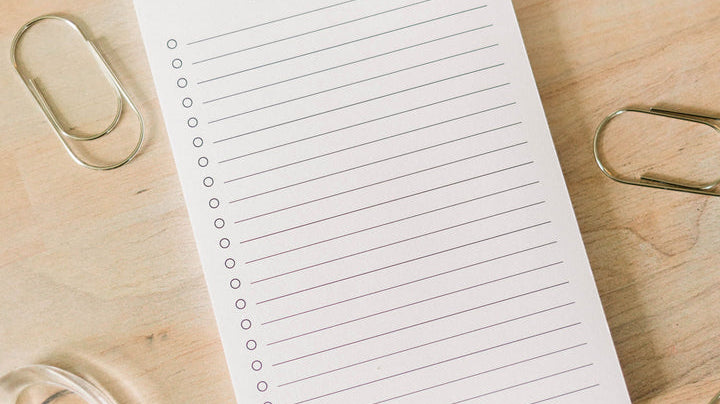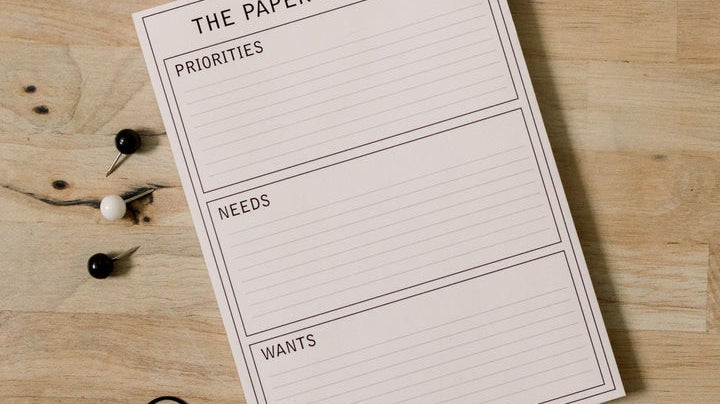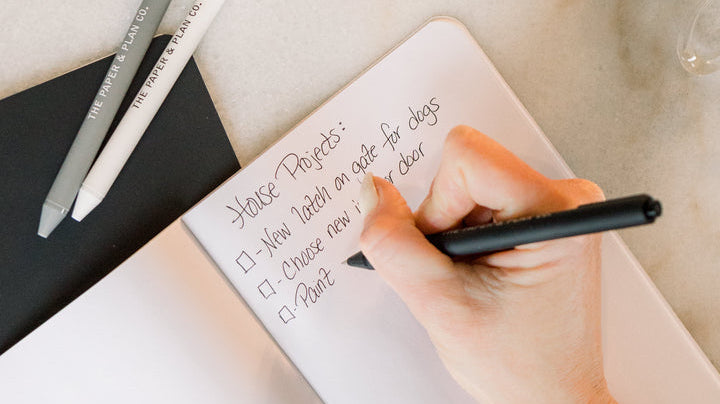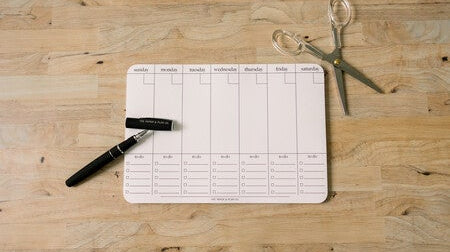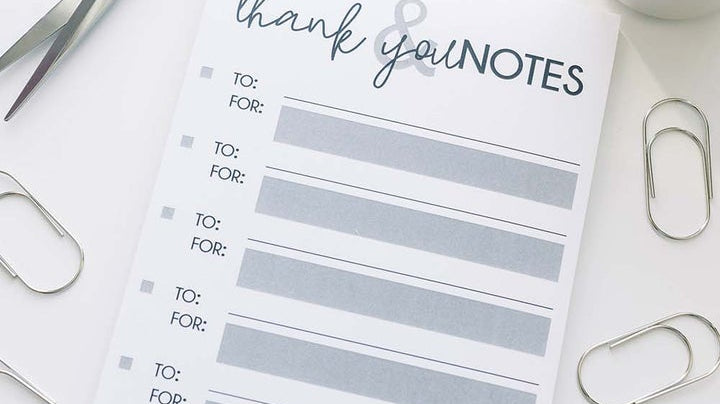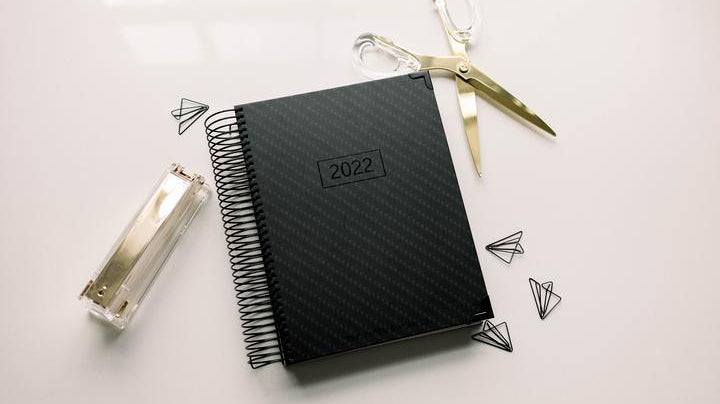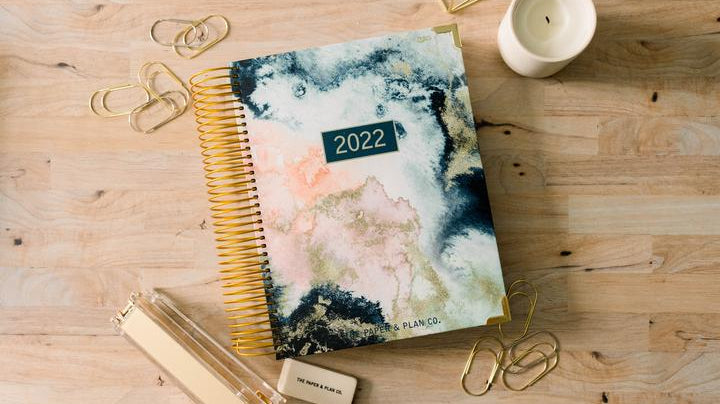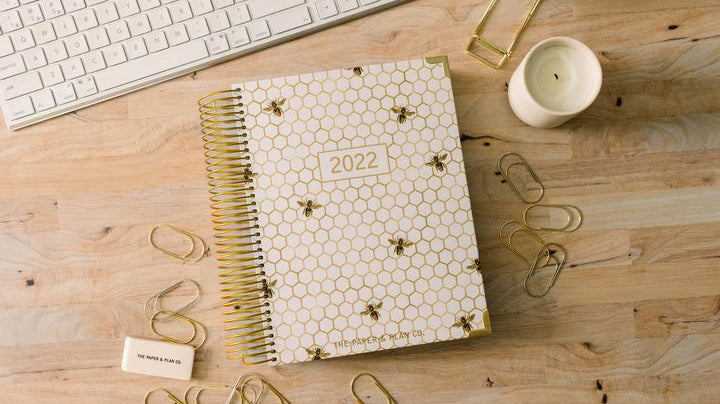The Science Behind Why Writing Things Down Makes You More Successful
Writing things down is so beneficial, not just to your productivity but also to your brain. Getting everything down on paper and out of your head feels so good and...
Time Management Tips to Organize Your Life
If you can't stay on top of your day and are neglecting your schedule, you may feel like you need more hours in the day. In reality, time management tools...
How Doodling Keeps Your Brain Focused
If you love to doodle and sketch while you think, you may have been told over the years to stop reaching for your pencils and pay attention. In reality, science...
7 Spring Cleaning & De-Clutter Tips
Spring cleaning has a way of making you feel like your clutter has suddenly bloomed along with the season. Suddenly you're faced with taming the paper. Instead of dreading the...
How Personal Accountability Creates the Best Version of Yourself
When you're struggling with time management, accomplishing goals, and building a reliable reputation, the answer point back to more personal accountability in your life. Embracing personal responsibility is the idea...
Valentine's Day Gifts for Type A Organizers
If you have a Type A organizer in your life, you'll know they're pros at goal-setting, execution, and getting things done. Show them how much you admire and care about...
10 Ways to Stay More Intentional In Your Life
Staying in control of your life in a hectic world isn't about waiting until things finally slow down, it's about living an intentional life. If you want to enjoy more...
Ways to Show Gratitude In Your Daily Life
If you feel like something is missing in life and can't quite put your finger on it, it could be a lack of gratitude. Studies show giving thanks and counting blessings can...
The Consequences of Being Disorganized (and How to Fix It)
Do you ever wake up in the morning and feel like your entire day is looking for things you've lost, tracking down paperwork, and being in a reactive frame of...
How Writing Reduces Stress and Combats Negative Thoughts
If you're struggling for ways to reduce your stress levels and keep negative thoughts at bay, you're not alone. Stress is prevalent in today's world and is so normalized; we...
10 Ways to Keep Your Memories Organized
Making memories is a rewarding journey, but the hard part is knowing what to do with them next. Do you keep those thousands of photos or purge it all? Find...
Struggling to Create Good Habits? Here’s How to Do It Right
Creating good habits is a worthwhile goal that could transform your life for the better. Whether you want to be more productive or get a handle on your health, habit...


